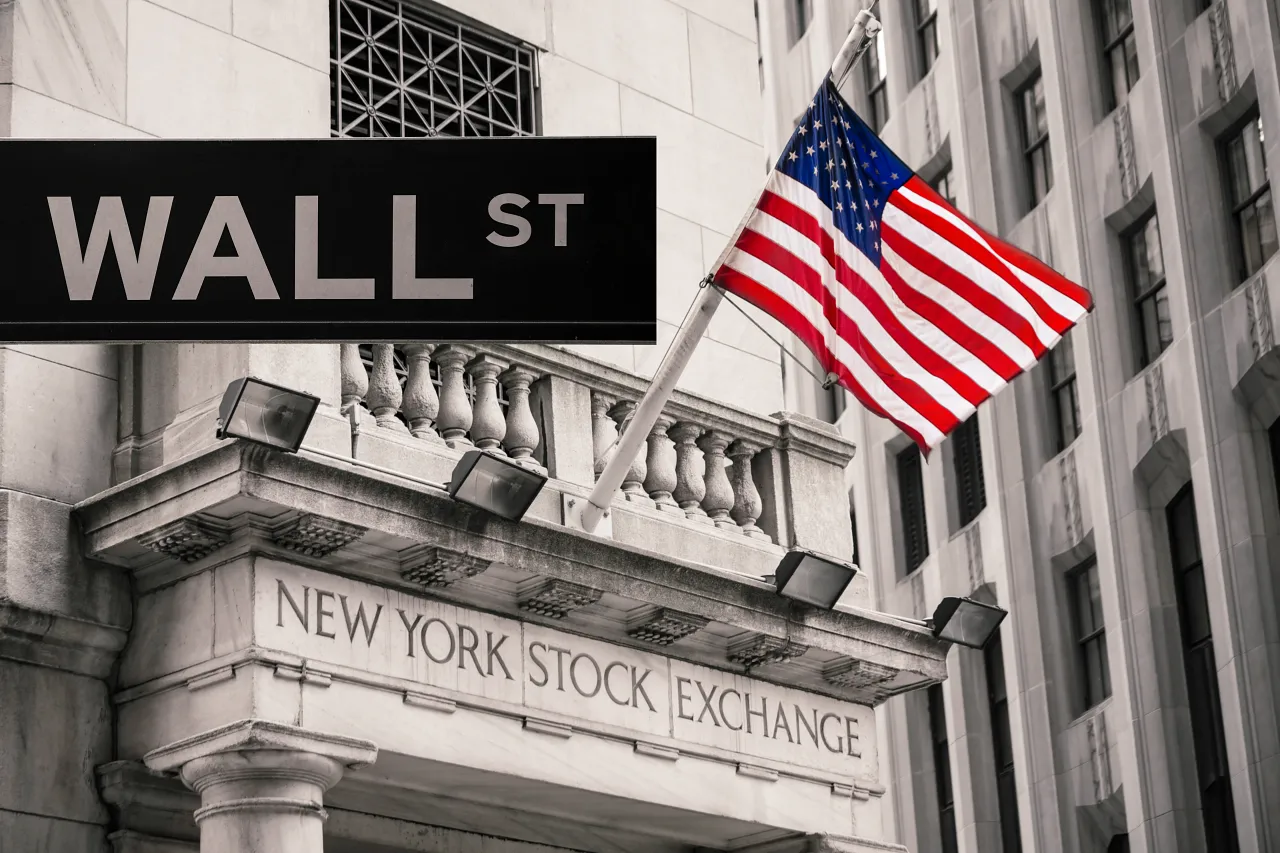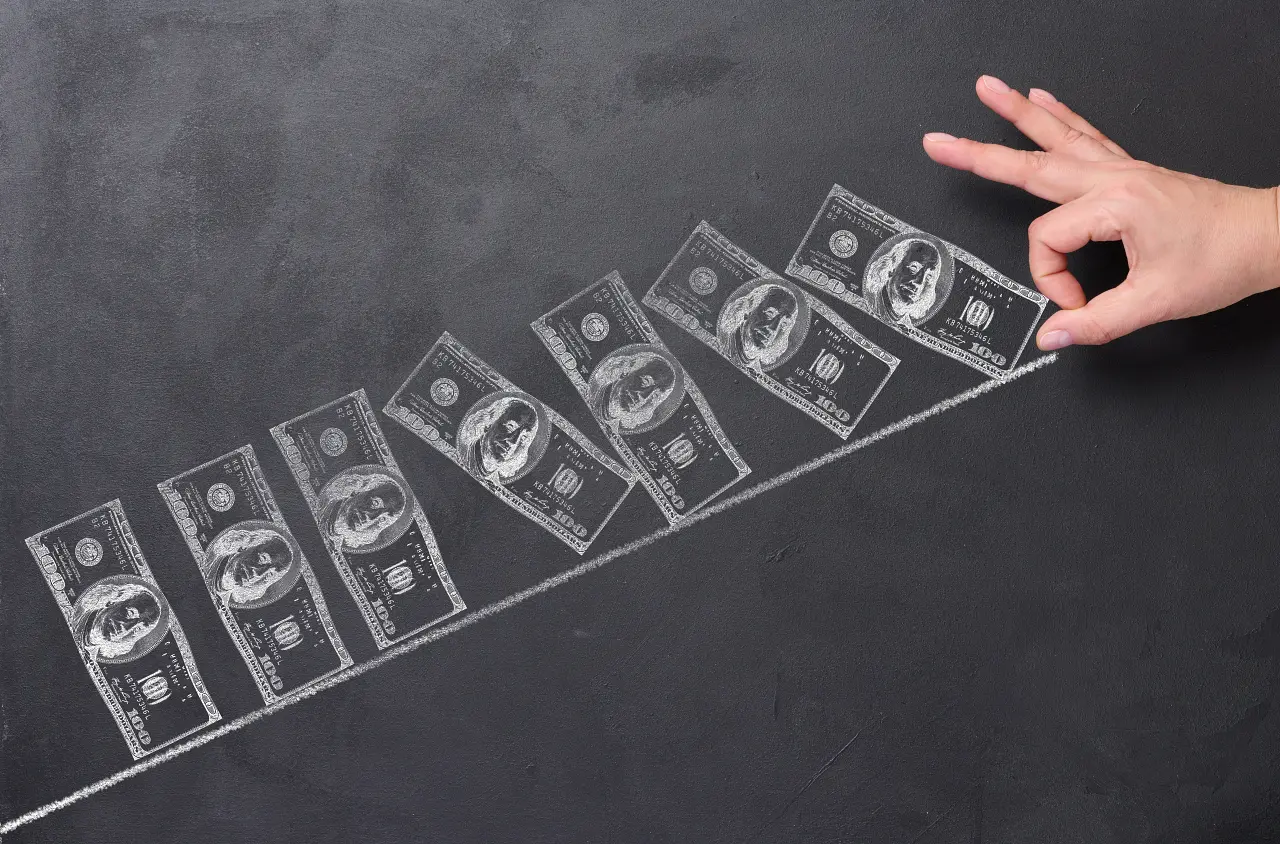· Investing · 3 min read
How a U.S. Government Shutdown Could Shake Up the Stock Market
When the U.S. government shuts down, it can create uncertainty in many parts of the economy, including the stock market. Let's explore how this political impasse can ripple through financial markets.

Let’s talk about something that can make Wall Street a little jittery: a U.S. government shutdown. You might wonder, “What does this have to do with the stock market?” Well, quite a bit, actually! When the government hits pause because Congress can’t agree on a budget, it can send ripples through the economy and leave investors feeling uneasy. Here’s a simple breakdown of how it all works and what it could mean for your investments.
The Market Gets Jumpy
First things first: markets don’t like surprises, and a government shutdown is like an uninvited guest at a party. It creates a lot of uncertainty, and uncertainty can make stock prices bounce around. Traders are constantly watching for updates on when the shutdown might end, which can lead to some wild swings in the market.
No News is… Not Great News
When the government shuts down, agencies that release important economic data — like job numbers and inflation rates — might stop their regular updates. Without these reports, investors are left guessing about how the economy is doing. And when people don’t have the full picture, it can lead to cautious or unpredictable market behavior.
Confidence Takes a Hit
A prolonged shutdown doesn’t just affect government workers who might miss paychecks — it can also dent consumer and business confidence. If people and businesses start pulling back on spending, it can hurt companies’ earnings, and that often shows up as falling stock prices, especially in industries like retail and construction.
Some Sectors Feel the Pain More Than Others
Not all industries are affected equally during a shutdown. For example:
Defense Contractors: They might see delays in payments or new contracts.
Travel and Tourism: With national parks and museums closed, fewer people might travel, and local businesses could lose money.
Banks: Tax-related services slow down, which can cause hiccups for financial companies.
Bigger Concerns About Debt
If the shutdown drags on and gets tangled up with issues like the debt ceiling, things could get really serious. Remember when the U.S. credit rating got downgraded in 2011? That kind of event can shake investor confidence and push the stock market into a downward spiral.
A Silver Lining for Investors
Here’s the good news: savvy investors often see market dips during a shutdown as a chance to snag stocks at a discount. If you’re focused on the long-term, these moments of volatility can actually be opportunities to invest wisely.
Remember Warren Buffett once said that it’s wise for investors “to be fearful when others are greedy and to be greedy only when others are fearful.”
So, What’s the Takeaway?
While a government shutdown can make the stock market feel like a rollercoaster, it’s usually a short-term issue. The key is to stay calm, focus on your long-term financial goals, and avoid making rash decisions. Keep an eye on the news, but don’t let fear take the wheel. After all, the market has weathered plenty of storms before — and it always bounces back.
Now that you know how a shutdown can affect the stock market, you’re better prepared to ride out the uncertainty like a pro!



